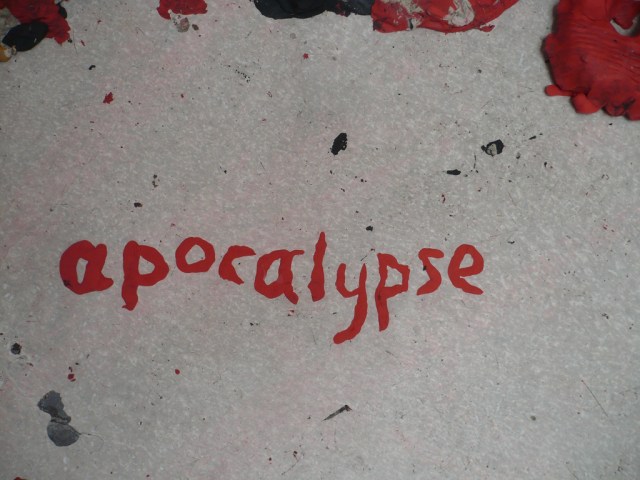
There are more things to worship than the childhood gods you’ve been given to hold. Ask Rosamond S. King’s “Bring Back”, which opens her staggering, revisionist debut collection of poems, Rock | Salt | Stone. Revising what, you ask? “Bring Back” takes you by the black wrist, expeditions you to the unsheltered cradle of your nursery rhymes. Pull a halcyon classic down from the shelf of memory, and hum to it: “My Bonnie Lies Over the Ocean”. Good. Now reopen your eyes, and sing the tune to the gods of your choosing.
Eshu is here. Oshun. Ogun. “Abiku cries down by the river / Don’t bring back that body to me.” The dreamscape of the poem draws on Yoruba creation, a realm that has never spared any thought to the lullabies of white empire. Have you heard Rosamond incant this poem? If yes, you’re not likely to ever forget the call it stirs in your bones. The poet’s sense of daring, saddled up to her dervish of linguistic play, are everywhere in these spare, yet history-dense lines. If the verse were only historically resonant, that would be one hallmark, but King sings them into being. They are dread chants, concealing as they are baring, invitational as they are tendrilled with secrecy.
The poem tells us: “My history lies under the overt / My heritage beyond the seen”. Is this not, of itself, its own mystery of faith? All I need do is dwell on the resonance of Rosamond’s voice, and I’m drawn back in time to this invocation: her voice, the only fixed star by which to steer myself to a history, a herstory, a gleaming black knot, unravelling in the firmament. It’s not a gauntlet, this poem: why, it’s a map to a place you thought you would be denied welcome. Dream in.
Read “Bring Back” here.
Rosamond S. King’s Rock | Salt | Stone won the 2018 Lambda Literary Award for Lesbian Poetry.
 This is the thirtieth installment of Here for the Unicorn Blood, a Queer POC Poetry Reader which runs from June 1 – June 30. Historically, June commemorates the 1969 Stonewall Riots, heralded as the birth of the modern LGBTQ+ rights movement in the United States. #PrideMonth’s global significance, its unabashed celebration of queerness, its marshalling of non-heteronormative joy, resistance and tenacity, motivates this close reading series, which specifically engages the work of POC Queer Poets, in international space. People of colour have been vital to queerness before queerness had a name: this is one way to witness that, to embed my reading practice in it, and to raise my brown, queer fist in yes.
This is the thirtieth installment of Here for the Unicorn Blood, a Queer POC Poetry Reader which runs from June 1 – June 30. Historically, June commemorates the 1969 Stonewall Riots, heralded as the birth of the modern LGBTQ+ rights movement in the United States. #PrideMonth’s global significance, its unabashed celebration of queerness, its marshalling of non-heteronormative joy, resistance and tenacity, motivates this close reading series, which specifically engages the work of POC Queer Poets, in international space. People of colour have been vital to queerness before queerness had a name: this is one way to witness that, to embed my reading practice in it, and to raise my brown, queer fist in yes.









